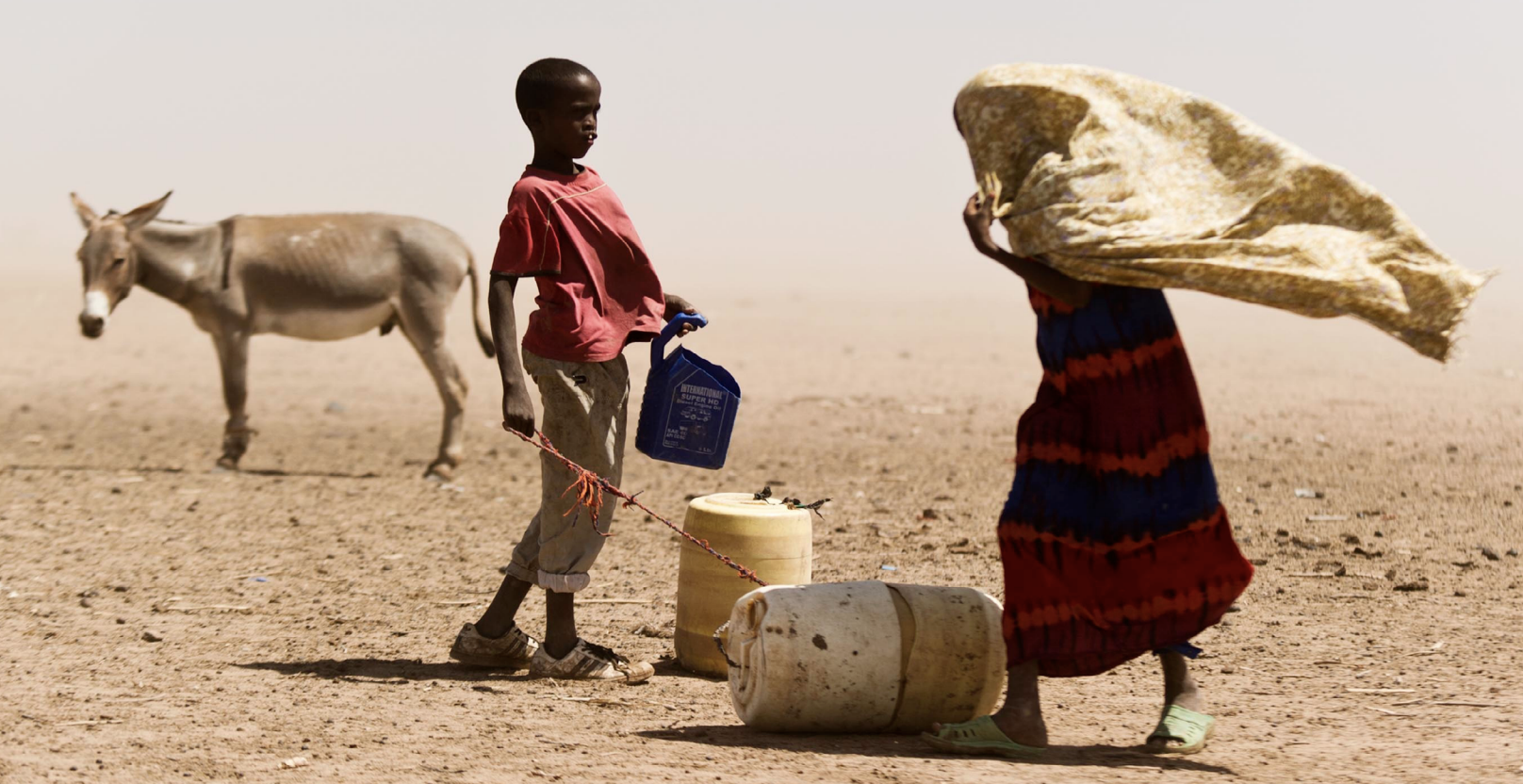USAID Resilience Policy Draft
At this pivotal moment, the revised Resilience Policy highlights the to address the varied shocks and stresses affecting people, communities, and countries.
Image

The United States Agency for International Development (USAID) is pleased to announce that our new draft of the https://www.usaid.gov/resilience/document/usaid-resilience-policy-draft
Click to follow link.">USAID Resilience Policy is now ready for external review. USAID asks for your feedback on this document to help ensure that the Resilience Policy reflects diverse perspectives, including your respective areas of expertise on resilience. Comments can be submitted using this https://www.usaid.gov/resilience/document/usaid-resilience-policy-draft/comments
Click to follow link.">comment form.
The external comment period will close on January 24, 2023 at 5:00PM EST.
As part of our external outreach, the Resilience Policy Drafting Team is hosting a consultation with Interaction on Wednesday, January 11th from 10:00AM-11:30AM EST on the new draft of the USAID Resilience Policy. This will be a virtual event and all who are interested should register here by Monday, January 9th.
In 2012, USAID released its first policy on resilience – Building Resilience to Recurrent Crisis: USAID Policy and Program Guidance. This policy has guided USAID’s work on resilience programming for the past decade. There have been significant changes in the global context since 2012, as well as new evidence on effective resilience programming practices. At this pivotal moment, the revised Resilience Policy highlights the need for a resilience approach that addresses the increasing number and types of shocks and stresses that are affecting people, communities, and countries. Most notably, the revised Resilience Policy articulates the need for resilience not only in areas of recurrent crises, but globally, as no country is immune to shocks and stresses, such as, extreme weather, pandemics, and price shocks.
Please direct any questions to resilience@usaid.gov. Thank you in advance for your support to this process.




